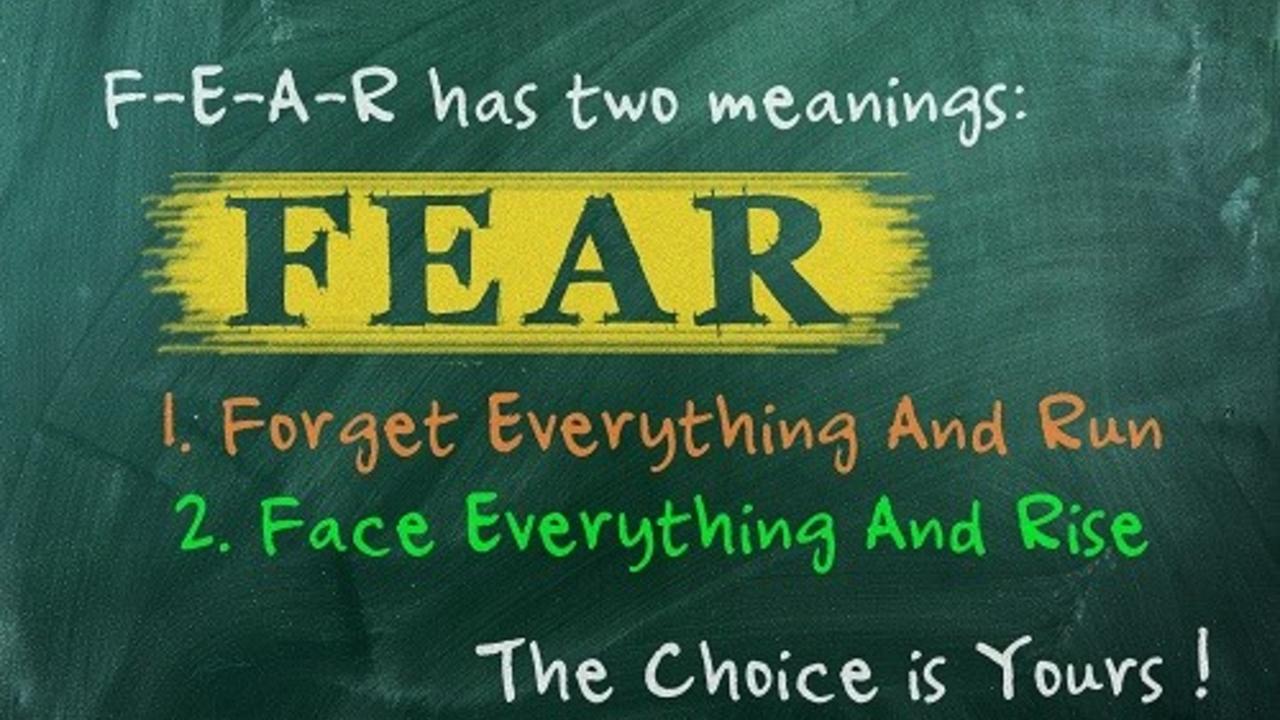Recovering from a Broken Friendship
Sep 19, 2019
The Advantages of Teamwork
Sep 04, 2019
Self-Talk: What Are You Saying?
Aug 29, 2019
Fear – The Great Impostor
Aug 20, 2019
Where’s Your Focus?
Aug 06, 2019
It’s Summer! Are you Hot Under the Collar?
Jul 24, 2019
Independence Day – They Paid the Price
Jul 04, 2019
Why Bad News Grabs Our Attention
Jun 05, 2019
Workplace Relationships: Key to Job Satisfaction
May 31, 2019
How Is Your Life Balance?
May 16, 2019
Do You THINK Before You Speak?
May 09, 2019












